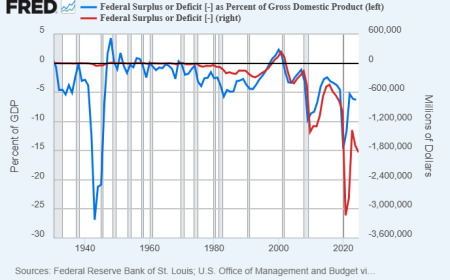Ethereum Foundation announces major changes to account abstraction standard for gas efficiency
The Ethereum Foundation is set to implement significant changes to the ERC-4337 standard specification, also known as account abstraction, in an effort to reduce gas consumption, particularly for layer-2 solutions. This move comes as the foundation aims to optimize the Ethereum network and make it more efficient for users and developers. Restructuring ERC-4337 for gas […]

The Ethereum Foundation is set to implement significant changes to the ERC-4337 standard specification, also known as account abstraction, in an effort to reduce gas consumption, particularly for layer-2 solutions. This move comes as the foundation aims to optimize the Ethereum network and make it more efficient for users and developers.
Restructuring ERC-4337 for gas efficiency
On January 10th, the Ethereum Foundation previewed the upcoming changes to the ERC-4337 standard specification, which governs account abstraction, or smart accounts, within the Ethereum ecosystem. These changes, encompassed in version 0.7, result from nine months of real-world usage and feedback from the Ethereum community.
One of the most significant changes in version 0.7 is restructuring account abstraction transactions. These transactions, which are inherently more complex than regular Ether transactions, will now require the specification of five gas values instead of just one.
John Rising, a developer involved in the project, explained the rationale behind this modification:
“The user has to specify more than one gas value to account for the fact that an account can do computation while its signature is being checked. With smart accounts, users can have many types of signatures and pay for gas in many ways. This means that the amount of gas required varies, and the transaction must specify how much it will spend for this validation.”
The introduction of multiple gas values in account abstraction transactions makes gas estimation more accurate, reducing gas costs for Ethereum users.
This optimization is particularly beneficial for layer-2 networks, as it significantly reduces the volume of data that must be published on the blockchain.
John Rising further emphasized the advantages of version 0.7, stating,
“The major benefits of v0.7 for users will be reduced gas fees. It uses some tricks to use transaction data more efficiently, which is particularly helpful on layer-2 blockchains.”
Discouraging excessive gas limits
In addition to the aforementioned changes, the new specification will penalize users by 10% for unused gas during execution. This measure aims to prevent applications from setting unnecessarily high gas limits for transactions, promoting more efficient use of the Ethereum network’s resources.
Account abstraction, often called smart accounts, represents a crucial development in Ethereum’s evolution. Unlike traditional Ethereum accounts, which are relatively passive and static, account abstraction empowers accounts with programmable logic and rules, paving the way for numerous innovative use cases previously unattainable.
The concept of account abstraction was initially proposed in September 2021 through Ethereum Improvement Proposal (EIP)-4337, with input from Vitalik Buterin and other prominent developers in the Ethereum community. Since then, it has garnered attention and support for its potential to enhance the capabilities of Ethereum accounts.
While the Ethereum Foundation has not provided a specific release date for version v0.7 of the ERC-4337 standard, it has confirmed that the security audit process has commenced. Developers are working to finalize the specification, with an estimated completion target around the ETHDenver event at the end of February.
What's Your Reaction?





































































































